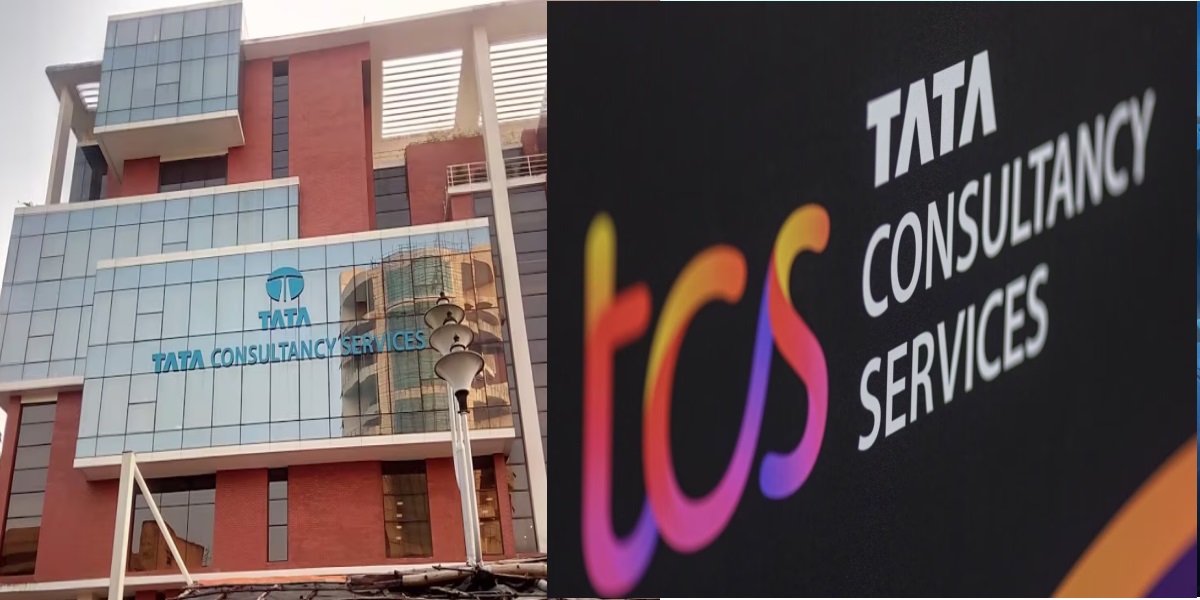TCS Mandated to Pay $210 Million in Damages to DXC Technology
Tata Consultancy Administrations (TCS) has been requested to pay $210 million to DXC Innovation by a Texas court in another exchange insider facts case, scarcely a week after the US Preeminent Court affirmed a punishment of $140 million against the Indian IT administrations major.
DXC Innovation is an American IT firm that was shaped after Computer Sciences Enterprise (CSC) combined with HPE’s undertaking administration’s commerce. The case was recorded by CSC in 2019. CSC claimed that TCS contracted 2,200 workers from Transamerica in 2018, through whom it got access to CSC’s program, information about its source code, and other exclusive data to construct a competing life-insurance platform.
CSC had authorized its computer program for Transamerica. A jury in Dallas, Texas, found TCS blameworthy for abusing almost DXC’s Vantage-One and Cyber Life programs for overseeing life protection and annuity approaches to form its possess stage.
TCS Ordered to Pay $210 Million in Damages to DXC Technology by US Court
In a significant legal development, a US court has issued a verdict compelling Tata Consultancy Services (TCS) to pay a substantial $210 million in damages to DXC Technology. This ruling marks a pivotal moment in the ongoing legal saga between the two tech giants and sheds light on the intricacies of the dispute.
The Legal Battle Unveiled
Origins of the Dispute
The dispute between TCS and DXC Technology originated from allegations of contractual breaches, intellectual property infringements, and related claims. The legal entanglement reflects the complexities that often accompany collaborations in the fiercely competitive tech industry.
TCS’s Response
TCS, a global leader in IT services, vehemently denied the accusations, asserting that the claims were baseless and lacked merit. The legal proceedings that ensued were closely watched by industry insiders and legal experts alike.
The US Court Verdict
Monetary Damages Awarded
The court’s ruling, commanding TCS to pay a substantial $210 million in damages to DXC Technology, sends shockwaves through the tech community. The decision underscores the gravity of the alleged wrongdoing and holds TCS accountable for financial compensation.
Implications for the Industry
Beyond the immediate financial implications for TCS and DXC Technology, this verdict sets a precedent for similar disputes within the tech sector. Companies engaging in collaborative ventures now face heightened scrutiny regarding contractual obligations and intellectual property protection.
TCS’s Reaction and Future Considerations
Legal Remedies Explored
Following the court’s decision, TCS is expected to explore legal avenues for appeal. The company, known for its commitment to legal compliance, may pursue strategies to challenge or mitigate the financial repercussions of the ruling.
Reassessing Collaborative Ventures
The ruling prompts tech companies, including TCS, to reassess their collaborative ventures, contracts, and intellectual property protection measures. The evolving landscape of legal precedents demands a proactive approach to avoid similar legal entanglements in the future.
Industry Dynamics and Collaborative Challenges
Navigating Collaborations in Tech
The TCS-DXC legal saga highlights the challenges inherent in collaborations within the dynamic tech industry. As companies forge partnerships to drive innovation, navigating contractual nuances and safeguarding intellectual property become critical considerations.
Strengthening Legal Frameworks
In response to such high-stakes legal battles, the tech industry may witness an increased emphasis on robust legal frameworks governing collaborations. Clear and comprehensive agreements can mitigate the risk of disputes and protect the interests of all parties involved.
Key Takeaways and Industry Reflection
Lessons Learned
The TCS-DXC legal dispute serves as a cautionary tale for tech companies engaged in collaborative efforts. Diligence in contractual negotiations, stringent adherence to intellectual property rights, and a thorough understanding of legal implications are paramount.
Industry Reflection and Adaptation
The broader tech industry must reflect on this case and adapt its practices accordingly. Proactive legal risk assessments, transparent collaborations, and a commitment to dispute resolution mechanisms are essential components of navigating the intricate landscape of tech partnerships.
Conclusion
The US court’s order for TCS to pay $210 million in damages to DXC Technology underscores the significance of legal diligence in the tech sector. As both companies assess their next steps, the industry watches closely, learning valuable lessons in the process. This case serves as a reminder that, in the world of technology collaborations, legal prudence is as crucial as technological innovation.
FAQs
- What were the specific allegations against TCS in the legal dispute with DXC Technology?
- The dispute encompassed allegations of contractual breaches, intellectual property infringements, and related claims.
- How does this verdict impact TCS’s standing in the tech industry?
- The financial and reputational implications of the verdict may prompt TCS to reassess its legal strategies and collaborative ventures.
- Can TCS appeal the court’s decision, and what legal remedies might they explore?
- TCS is likely to explore legal avenues for appeal, and potential remedies may include challenging or mitigating the financial repercussions of the ruling.
- What lessons can other tech companies learn from the TCS-DXC legal dispute?
- The dispute emphasizes the importance of legal diligence in collaborations, including careful contractual negotiations and safeguarding intellectual property.
- How might this case influence the legal frameworks governing tech collaborations in the future?
- The case may lead to an increased emphasis on robust legal frameworks, clear agreements, and proactive legal risk assessments in the tech industry’s collaborative ventures.




